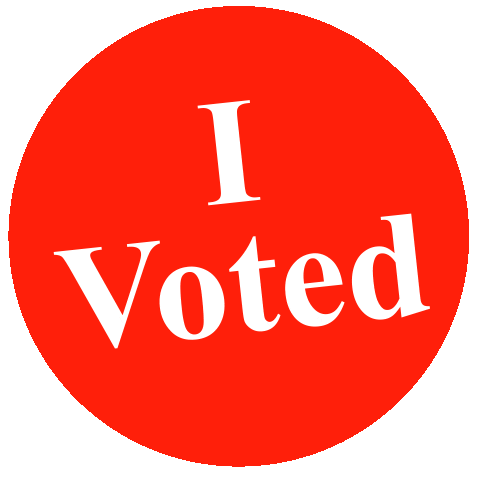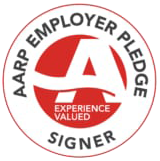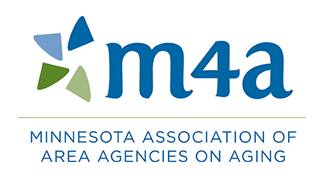November is Family Caregivers Month
Each November, we celebrate our military veterans on Veterans Day and give thanks for our blessings on Thanksgiving Day. But did you know that during November, family caregivers are recognized and celebrated? Caregiving is one of the most important jobs someone can do. Whether you are taking care of a loved one, friend or neighbor, it is essential to educate and take care of yourself.
This year, the Caregiver Action Network (CAN) is encouraging family caregivers to explore options and discuss topics that affect the health and well being of their loved ones. Below are some topics shared by CAN:
Your Loved One’s Goals:
You know your loved one better, and spend more time with them than anyone else. Talk to them about their goals regarding their care and treatment. It can be challenging to talk about goals when facing a disease. But these talks help make sure your loved ones are receiving the care they want.
Treatment Options:
Is your loved one responding well to treatment? If not, ask their health care provider if there are other options available. Discuss possibilities for different dosages, alternative medications, or a new procedure. Speak up and ask their health care provider if there are options you and your loved one should consider.
Research:
The internet is an excellent research tool, but there is often conflicting and even dangerous advice – so don’t stop there! Be curious about the articles you read and ask questions. Is it from a reliable source? Talk to friends, family and doctors and ask as many questions as possible to learn about your loved one’s condition and treatments.
The Care Plan:
If your loved one is hospitalized, be sure to ask what happens after discharge. Will they need home care? Are there medications or procedures that will need to be managed at home? Some care may be complex and you may need to be trained on how to provide that care or make arrangements for qualified professionals.
Coverage:
Don’t be afraid to ask questions about insurance coverage, such as: Is their current Medicare plan the best option or should you change coverage during open enrollment? Was a medication changed for medical reasons, or because their insurance no longer covered it? If coverage was denied, can it be appealed or are there other options that can help pay their costs?
One of my favorite quotes is from former First Lady Rosalynn Carter, “There are only four kinds of people in the world: those who have been caregivers, those who are currently caregivers, those who will be caregivers, and those who will need caregivers.” Which one are you?
Sincerely,
Jason W. Swanson, HSE
Executive Director

 MNRAAA has begun its journey with the Aging Mastery Program® (AMP). AMP is a product of the National Council on Aging and is offered in two unique ways: classroom style and independent self-starter kits. Both options have courses that focus on exercise, sleep, healthy eating and hydration, financial fitness, advanced planning, health relationships, falls prevention and more.
MNRAAA has begun its journey with the Aging Mastery Program® (AMP). AMP is a product of the National Council on Aging and is offered in two unique ways: classroom style and independent self-starter kits. Both options have courses that focus on exercise, sleep, healthy eating and hydration, financial fitness, advanced planning, health relationships, falls prevention and more.



